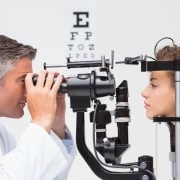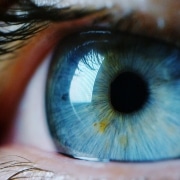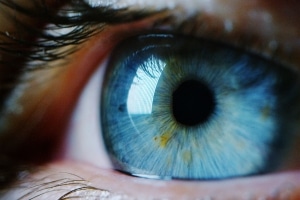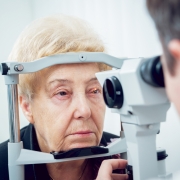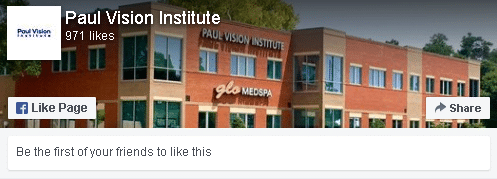New Hope for Dry Macular Degeneration
Introducing Photobiomodulation (PBM) Therapy at Paul Vision Institute
If you’ve been told there’s nothing more that can be done… think again.
Photobiomodulation (PBM) is a breakthrough light-based therapy now available for patients with dry age-related macular degeneration (AMD)—and it’s helping people see better, stay independent, and take control of their vision.
What Is PBM Therapy?
PBM is a safe, non-invasive treatment that uses precise wavelengths of light—yellow, red, and near-infrared—to energize the cells in your retina, reduce inflammation, and slow the progression of dry AMD.
Think of it as a reboot for your eyes, helping damaged cells heal and function better.
Clinically Proven Benefits
In recent clinical trials, patients treated with PBM therapy experienced:
- Improved visual acuity (seeing more lines on the eye chart)
- Reduced drusen deposits, which cause macular damage
- Slower progression of geographic atrophy (vision loss)
And the best part? Treatment is quick, painless, and performed right here in our office.
What to Expect
- No shots. No surgery. No downtime.
- 9 quick treatment sessions over 3–5 weeks
- Maintenance sessions every 4 months
- Safe and comfortable
Is PBM Right for You?
PBM therapy may be the perfect option if:
- You’ve been diagnosed with dry AMD
- You still have usable central vision
- You want to take action now before further vision loss
If you have wet AMD or advanced central vision loss, PBM is not recommended—but we have other options to help.
Ready to Fight for Your Vision? Call Us Today.
Schedule Your PBM Consultation Now
We’re ready to help you protect your sight—and get back to living life on your terms. Don’t wait until your vision is gone.
Call Now: 910-256-6364
Paul Vision Institute
Wilmington’s Leader in Low Vision and Macular Degeneration Care
Low Vision and PBM Therapy | Trusted by Thousands of Patients | Compassionate, Expert Team
Still Have Questions?
We’ve got answers.
- How soon will I notice results? Some patients notice improvements within weeks.
- Does it hurt? Not at all. It’s quick and painless.
- Will insurance cover PBM? Not yet—but we offer affordable treatment plans.
We’ll go over everything during your first visit.
Don’t Let Dry AMD Define Your Future
See What’s Possible with PBM Therapy
Call Now: 910-256-6364

